

Climate Resilience
Madagascar’s Barren Isles: Responding to the climate crisis in one of the most remote places on Earth
Madagascar – the world’s fourth largest island – boasts more than 5,000 kilometres of coastline. Millions of Malagasy people depend on the natural marine resources of this coastline to provide for their families and earn income. Beyond the shorelines of the mainland, the waters surrounding Madagascar are dotted with islands, archipelagos and coral reefs. Just over halfway up the west coast, about 20 to 30 kilometres off the shores of the city of Maintirano, lie the Barren Isles – a chain of nine islands so remote that even many Malagasy do not know they exist.
The Barren Isles archipelago – or Nosy Barren – is one of the few remaining strongholds of thriving marine biodiversity in the Western Indian Ocean. Despite its temporary protected status, the ecosystem, like others across the world’s oceans, is under threat from climate breakdown – along with its temporary residents. For most of the year, semi-nomadic small-scale fishers make home on the Isles for gleaning and fishing. The extremely remote location means that day-to-day life can be challenging – challenges which are being exacerbated by the climate crisis, as well as overfishing. As the fish stocks deplete, so do the opportunities to earn money and survive.
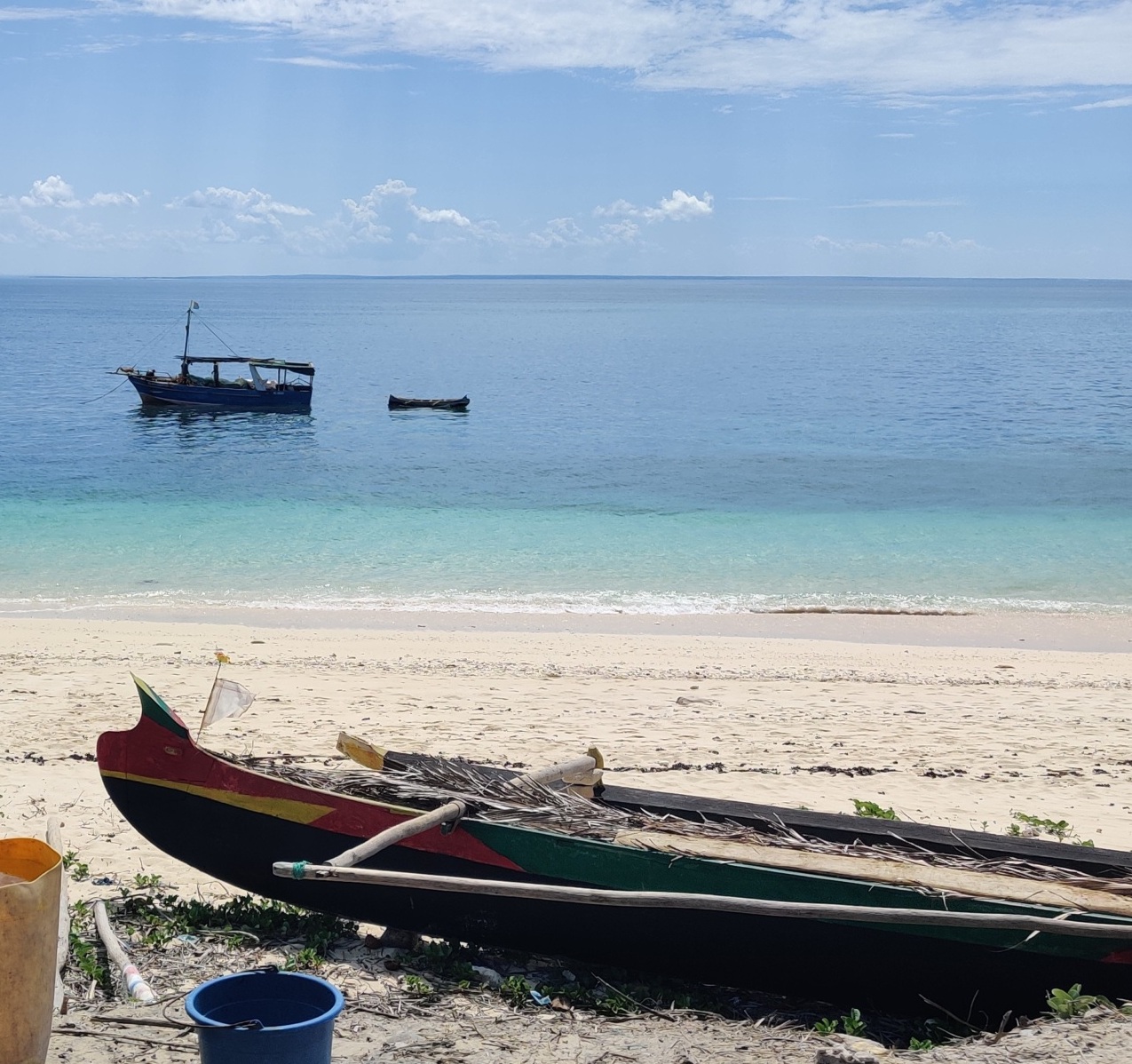
5,000km
Madagascar boasts more than 5,000km of Western Indian Ocean coastline
To support the fishers and their families who live on these islands, AKF has teamed up with international donors and local partners to conserve the marine environment and identify alternative sources of income to complement small-scale fishing.
The five-year programme, supported by the Blue Action Fund and through funding by the Green Climate Fund, aims to build the resilience of these communities to the ever-evolving socioeconomic and environmental challenges they face. The programme combines AKF’s livelihoods expertise, ABALOBI’s digital data specialism, Blue Ventures’ experience of community-led conservation, and MIHARI’s invaluable local ties as Madagascar’s network of locally managed marine areas (LMMAs), led by fishers.
In this photo essay, learn more about life on the Barren Isles and how we’re working with the communities that live there.
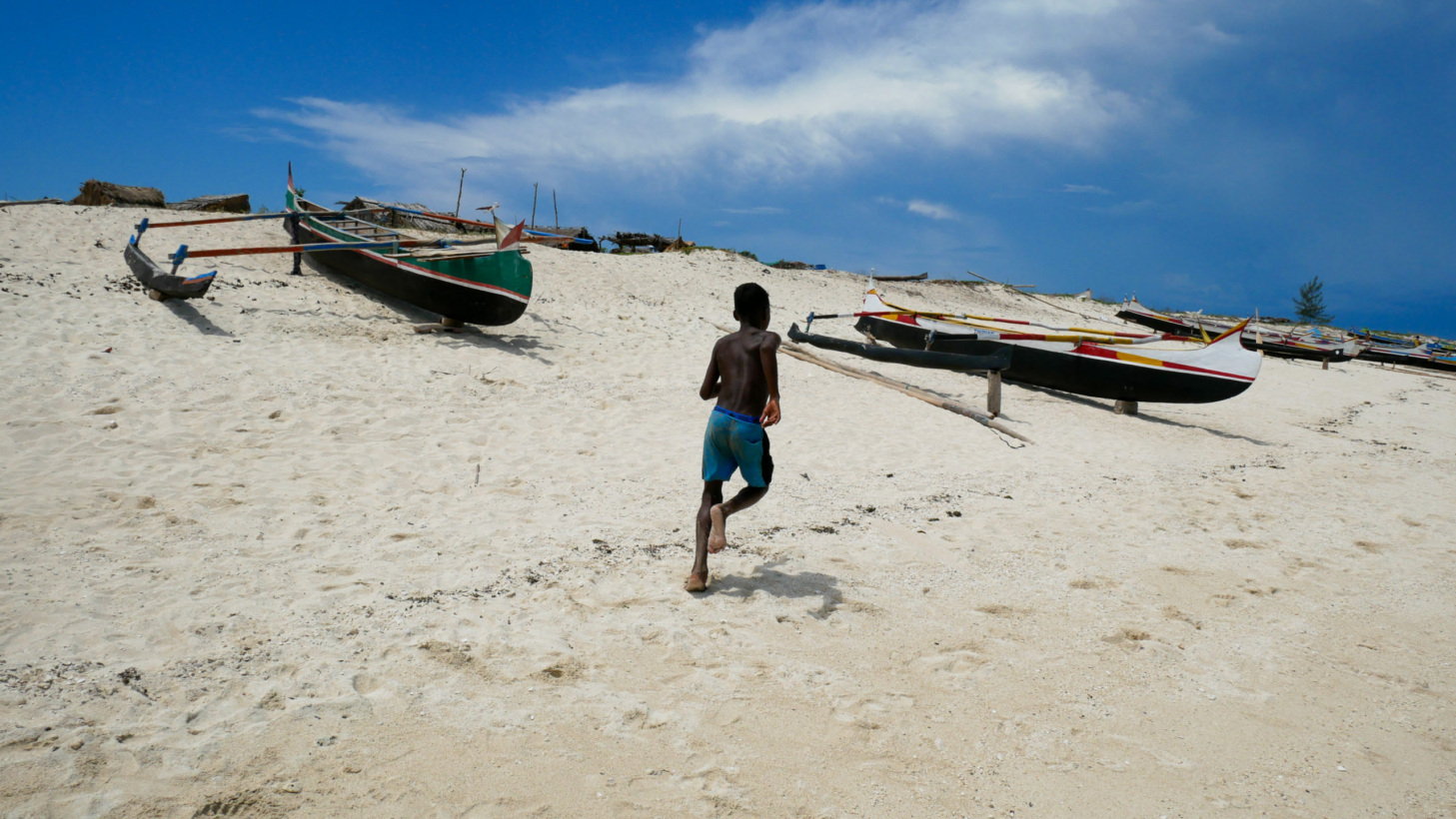
Photo: Blue Ventures
True to their name, the Barren Isles lack almost any form of permanent infrastructure. This is because the communities that live there are semi-nomadic fishers who have ventured beyond their traditional fishing grounds where fish stocks have depleted. Known as the Vezo, these migratory communities stay on the Isles for up to nine months of the year, only returning to the mainland to avoid cyclone season. Whilst it’s difficult to give exact numbers, it’s estimated that around 500-600 people live this way, with the largest island, Nosy Lava, hosting around 130 people.
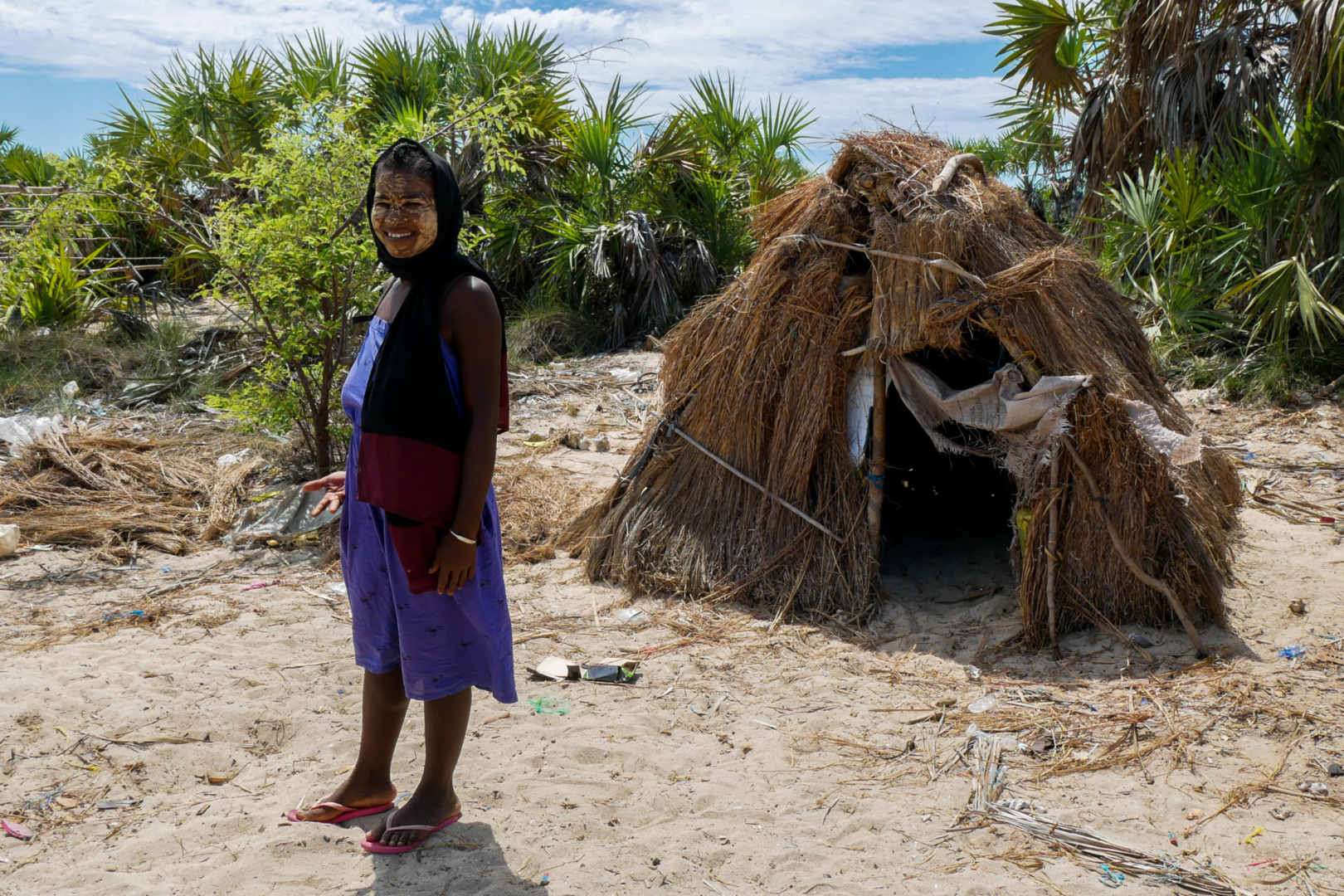
The Barren Isles’ residents set up temporary homes, shops, and even churches on the crisp white sand, spending their days gleaning the reefs for octopus and fishing the glistening turquoise waters for fresh catches. Whilst giving the illusion of paradise, life here is far from easy. There is no fresh water, no healthcare, and no education, and whilst the marine resources surrounding the Barren Isles are relatively abundant for now, the inevitable impacts of overfishing and climate change have taken their toll.
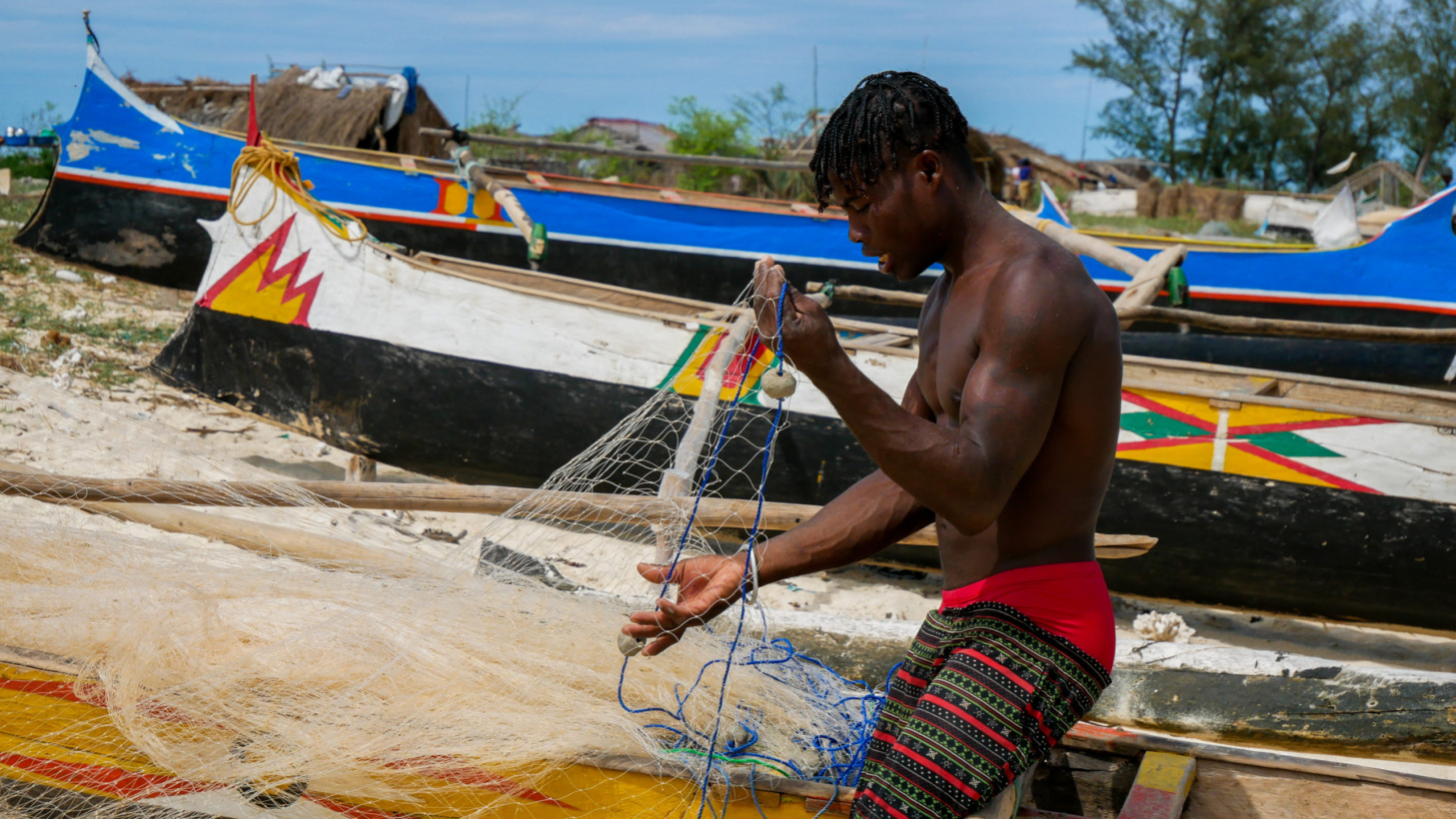
Photo: Blue Ventures
[Fishing] is essential to their being and their existence as a tribe... The Vezo can’t exist without fishing.Graham Ragan – Project Coordinator, Blue Ventures
For the Vezo, there is no other option but to fish. Fishing is more than a livelihood – it “is essential to their being and their existence as a tribe. It is an intrinsic part of their culture,” explains Graham Ragan from Blue Ventures, who is the Project Coordinator. “The Vezo can’t exist without fishing,” he says; the survival of the Vezo depends on the survival of the ocean.
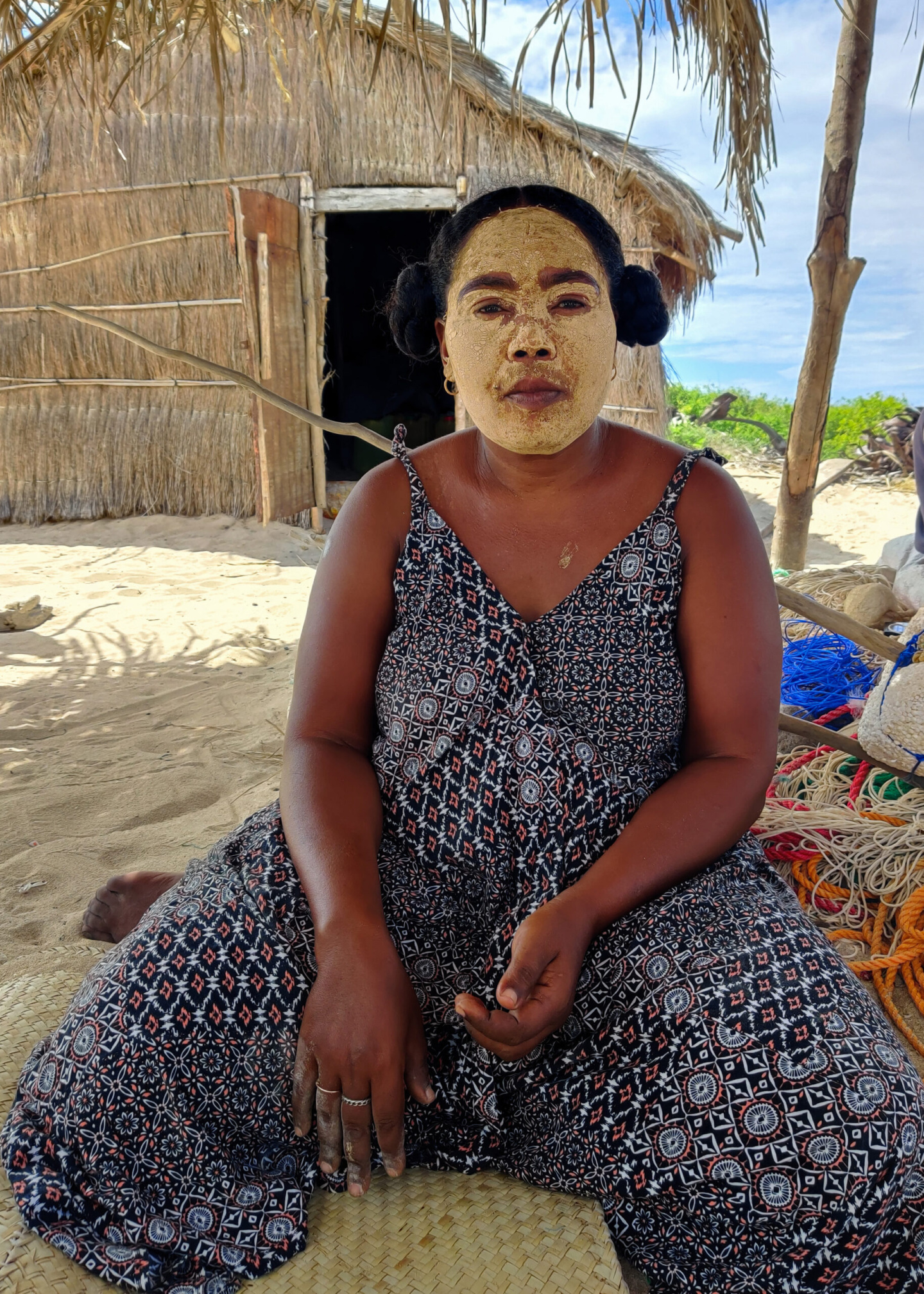
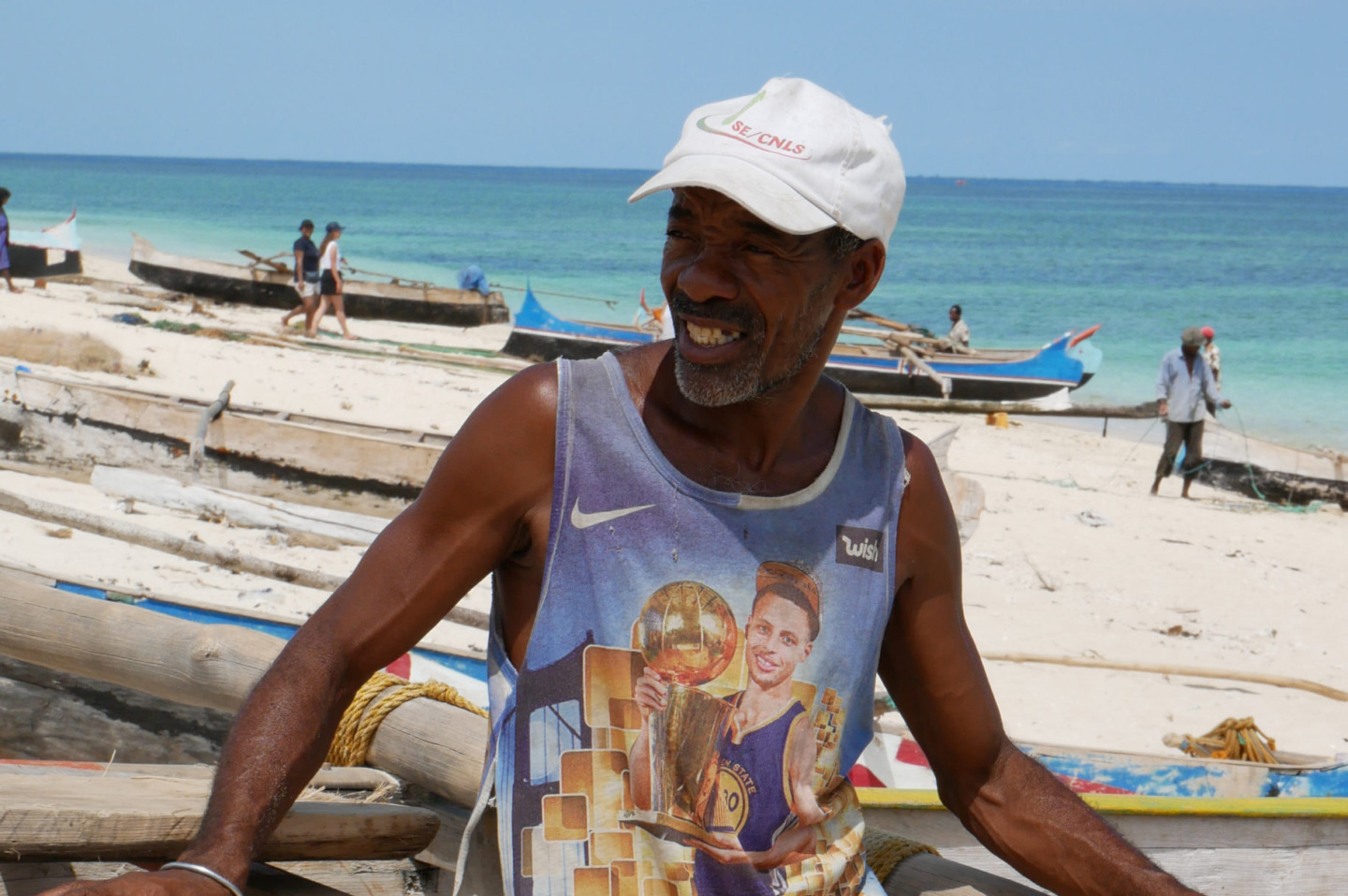
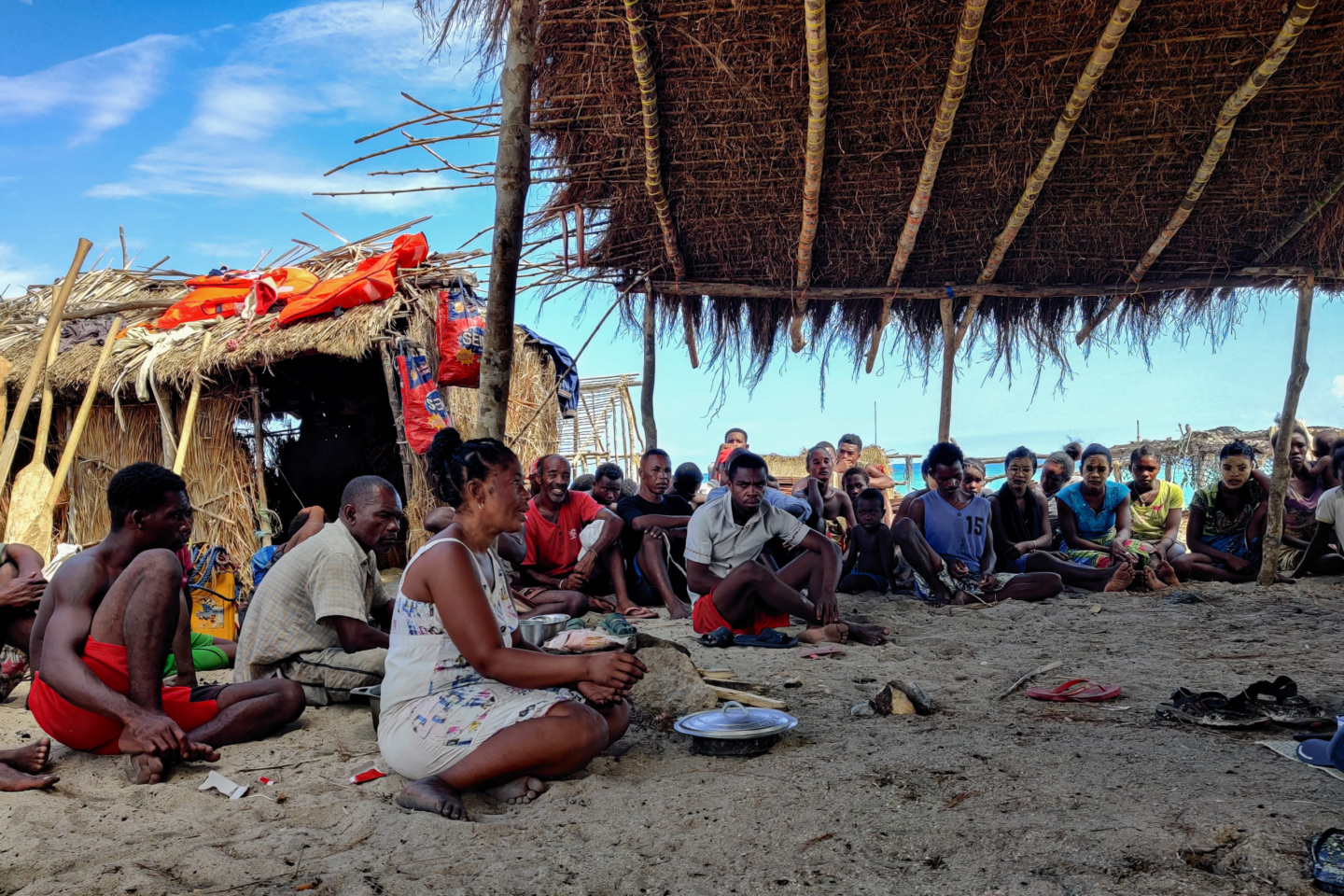
The project was launched at the end of 2022, and together with our partners, we’ve already spent a great deal of time assessing the needs of communities, meeting with fishers, and participating in community meetings on Nosy Lava – the largest island in the Isles. A Vezo fisherwoman told us, “I believe the work will help us in our fishing work in the sea. It will focus on monitoring marine activities, checking what can be harmful to the marine environment. It will also check what should and should not be done.”
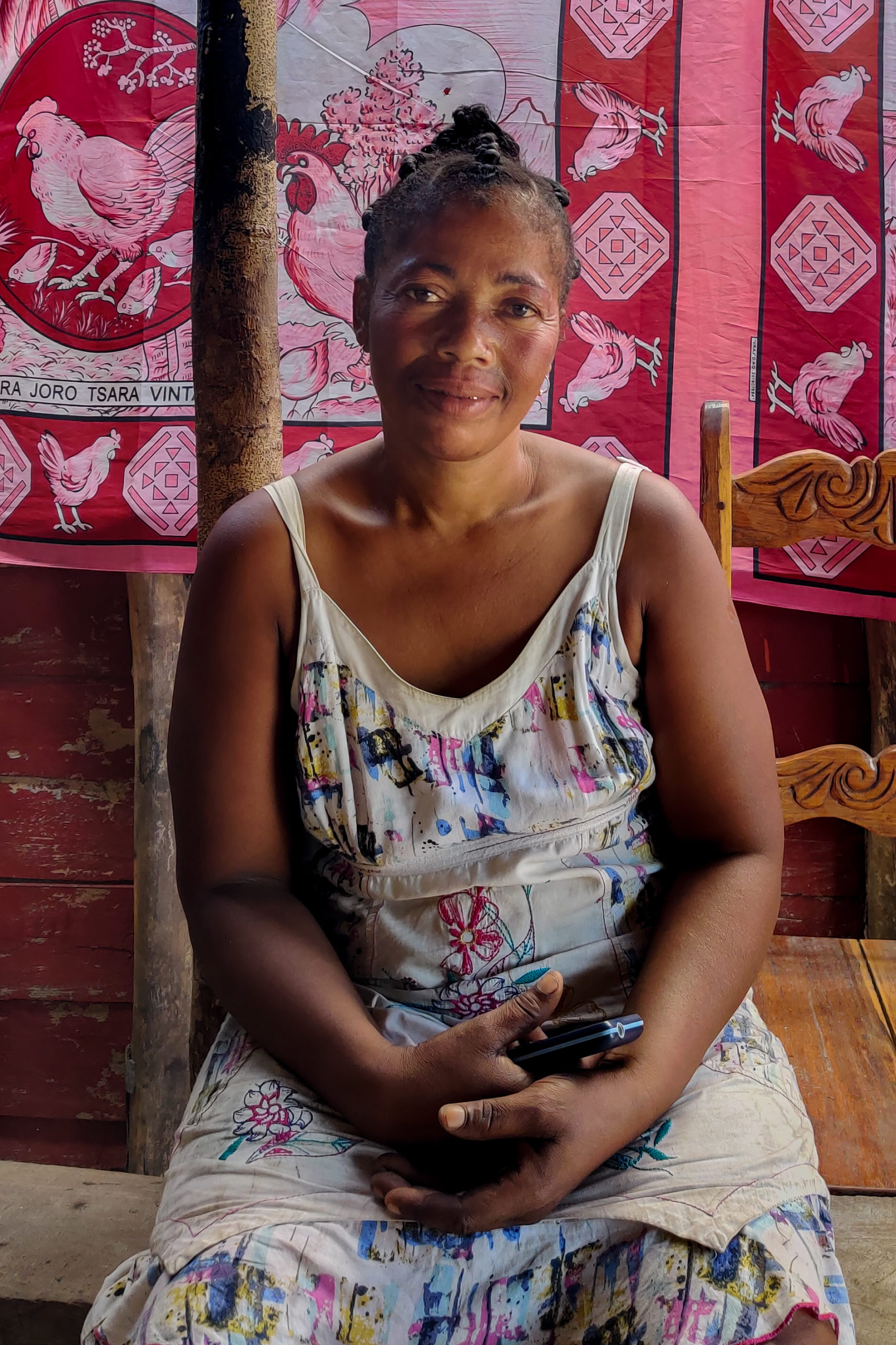
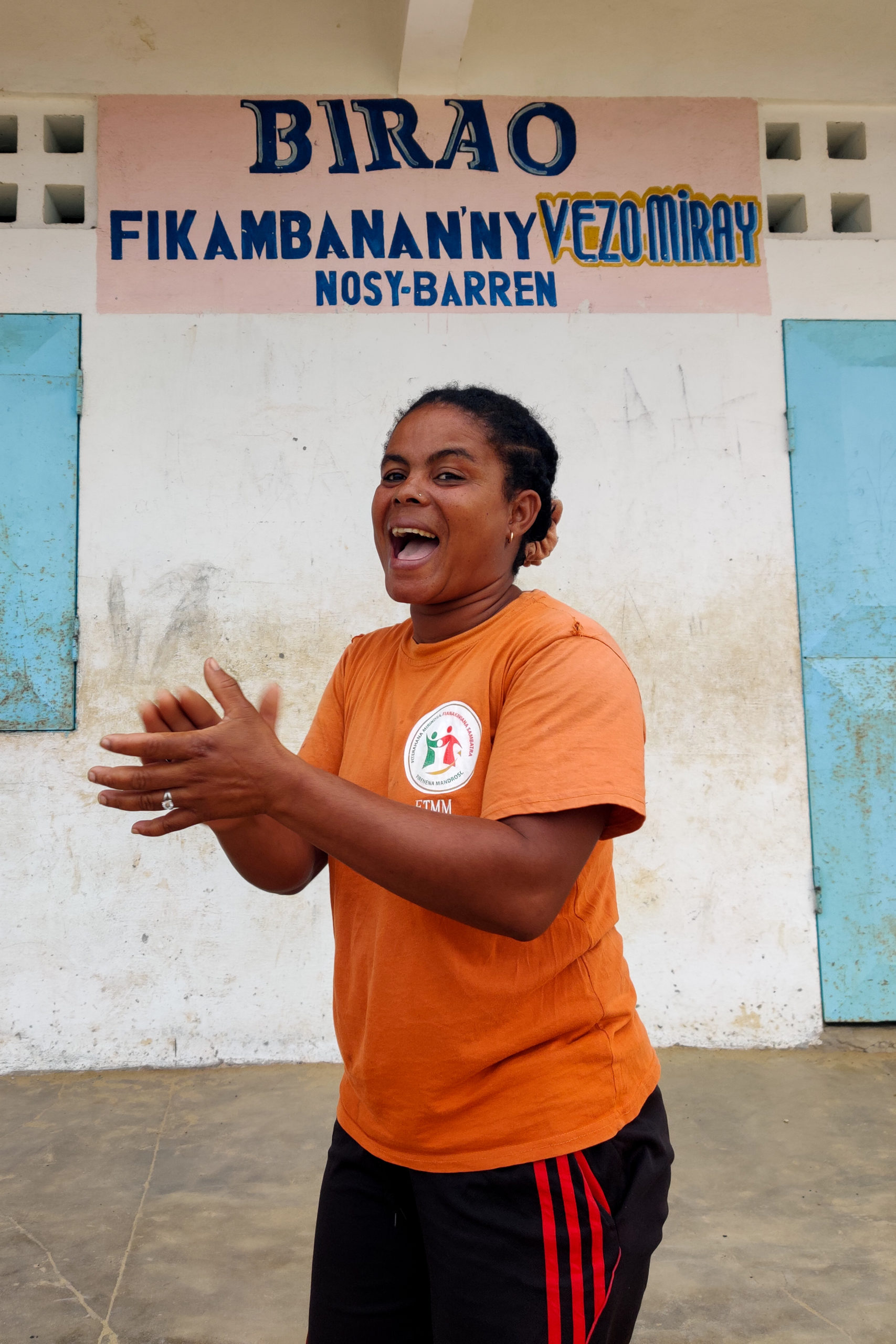
Women play a key role in day-to-day life on the Barren Isles. Tacia is the community president of Nosy Lava and runs the only shop on the island, where she sells fresh water, fuel, and other essential items. Sandra is a member of the Vezo Miray Nosy Barren, a local association of fishers who fight for the rights of the Vezo and protect their precious fishing grounds. Both women will be essential community partners to our local teams managing the project and will ensure its longevity throughout and beyond the project end.
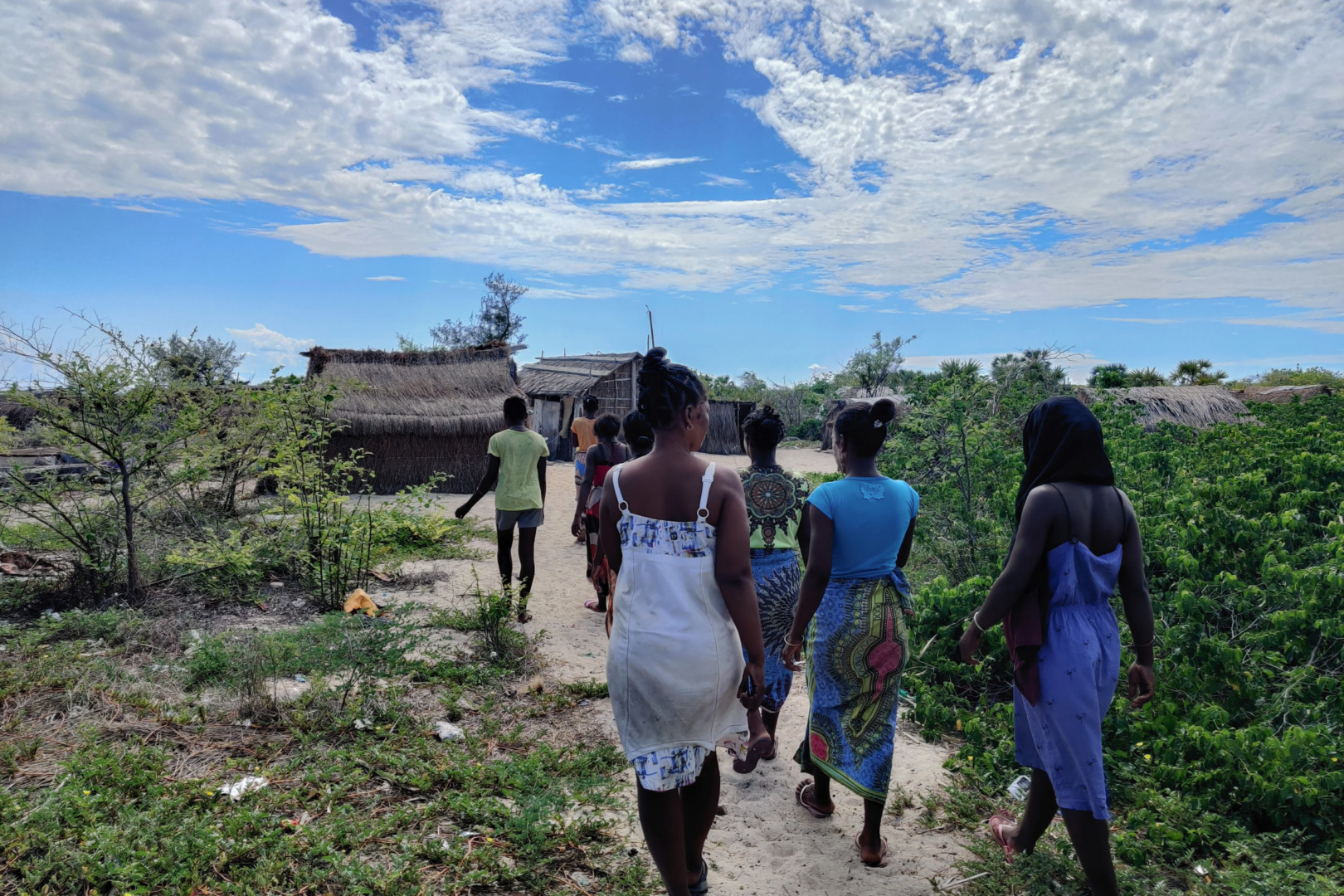
By working collaboratively, this project aims to take a holistic approach to address the challenges on the Barren Isles. Blue Ventures will oversee the project, drawing on its long-standing relationship with Vezo communities in Madagascar, where it has been working for over 20 years. AKF’s local team will be exploring alternative livelihood opportunities with communities so that they can supplement the income they earn from fishing. This will be an ongoing and locally led process, taking time to understand what is realistic, accessible and sustainable in such a fragile environment.
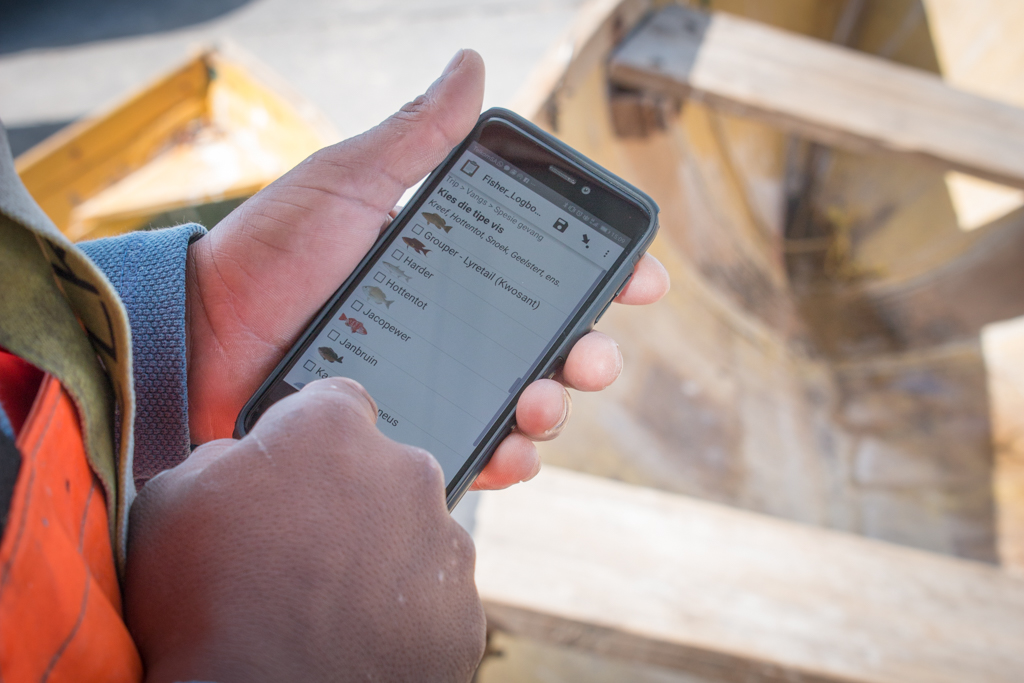
Photo: ABALOBI
ABALOBI, will train community members on data collection, using their mobile monitoring app which has already seen success with small-scale fishers in South Africa and elsewhere in Madagascar. This will enable the community to monitor their fisheries, take ownership over their data, and make informed decisions.
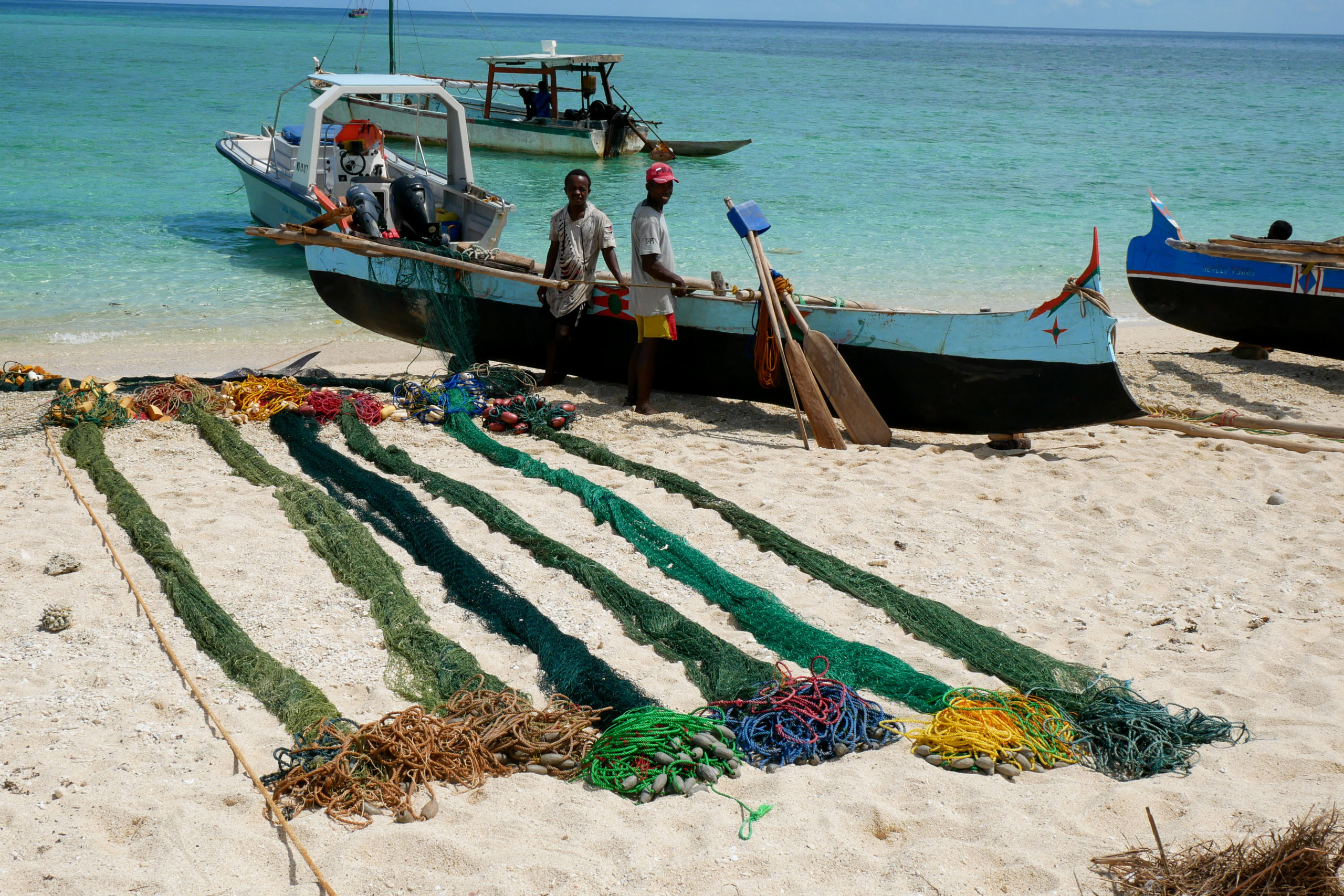
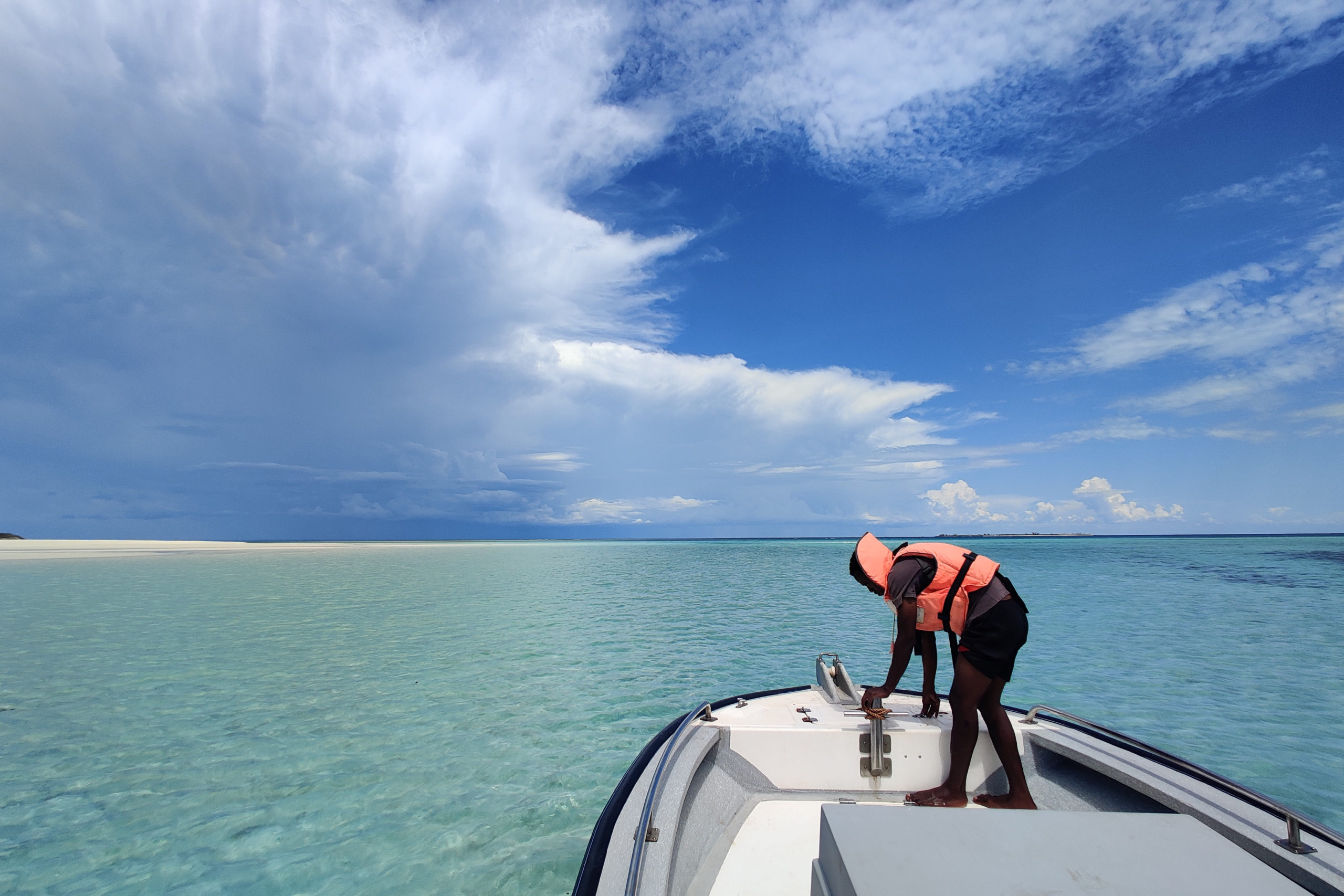
Finally, MIHARI will run a training programme on marine protected area management, focusing on climate change and ecosystem-based adaptation approaches to fisheries management. As Madagascar’s LMMA network, MIHARI will also lead the advocacy arm of the programme, working to include and recognise Madagascar’s LMMAs as other effective local conservation measures. Their local presence will be fundamental to the sustainability of the project and will work with fishers to patrol protected areas and ensure conservation rules are followed.
The programme is still in its early stages, but the most immediate steps in the next few months include forming community-based savings groups so that the residents of the Barren Isles can save their money for the future and invest in new small businesses. Some of the alternative livelihoods that we’ve been exploring have been identified, including beekeeping, agriculture, and smoking fish to better preserve it for selling. Discussions with the community are already underway to select the most suitable livelihoods for them.
As the Vezo fishers develop these new solutions on land, we hope that their life on the ocean can continue for years to come.
In Madagascar, AKF operates through its local branch, Organisation de Soutien pour le Développement Rural à Madagascar (OSDRM).
Thank you to our partners Blue Ventures, ABALOBI and MIHARI.
This programme is funded by Blue Action Fund through the Green Climate Fund.

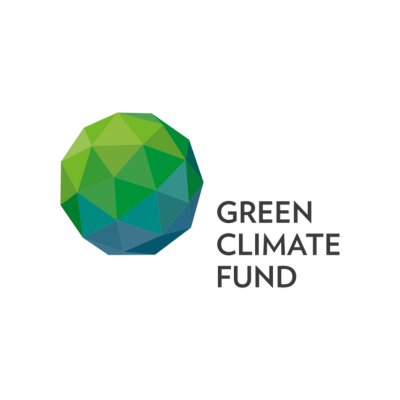
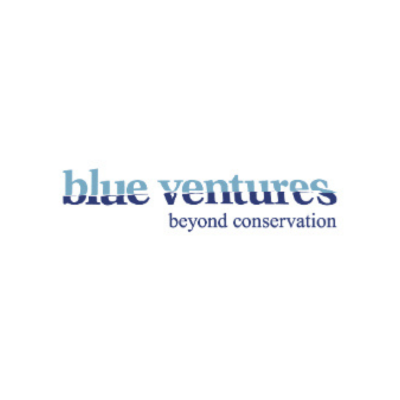

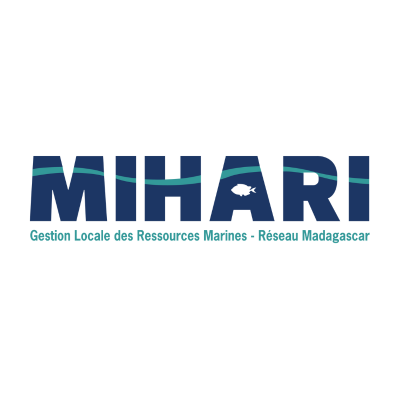
Related News & Stories

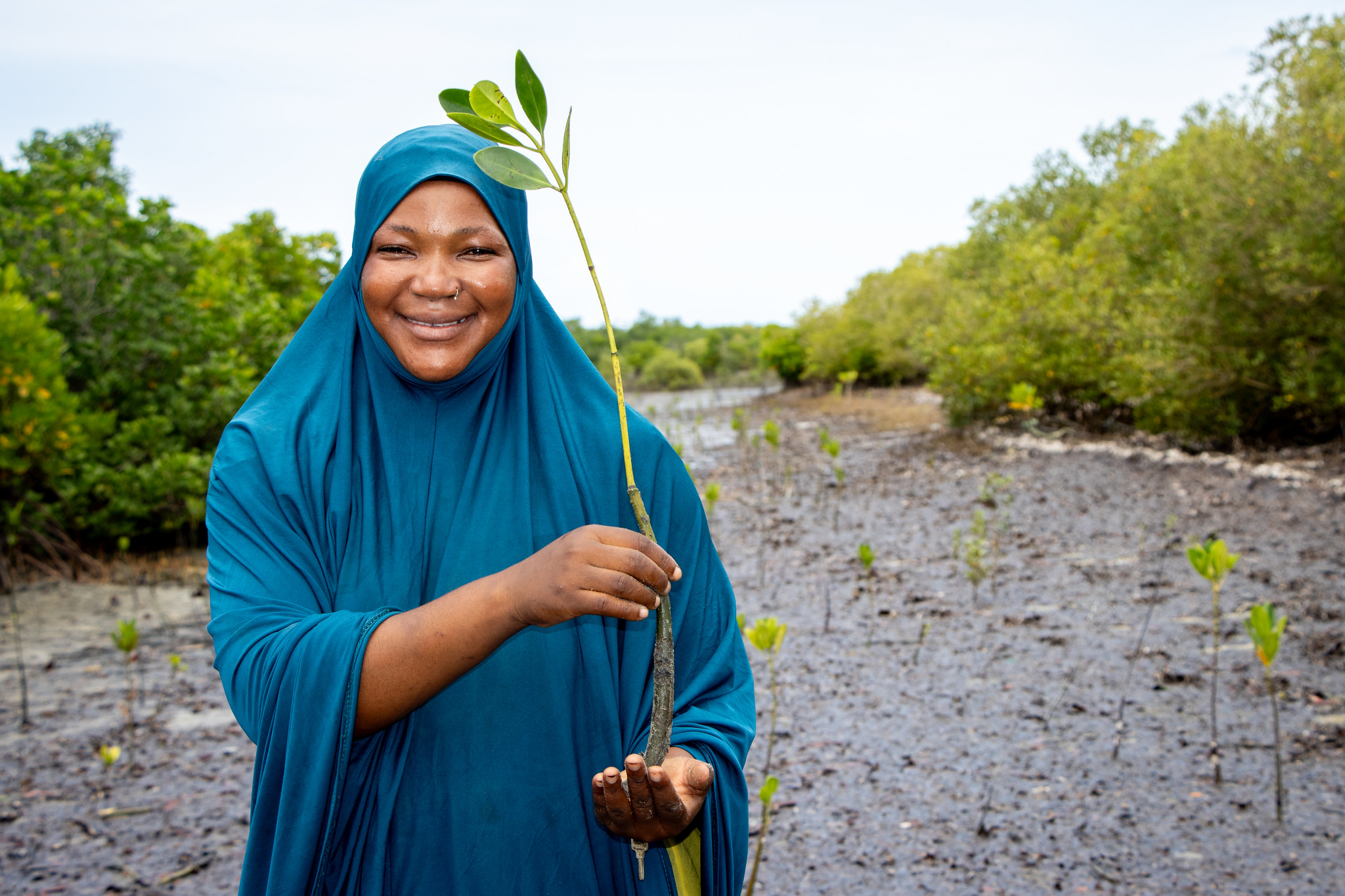
What are Nature-based Solutions?

How savings groups and cooking classes are combating malnutrition and building climate resilience in Madagascar
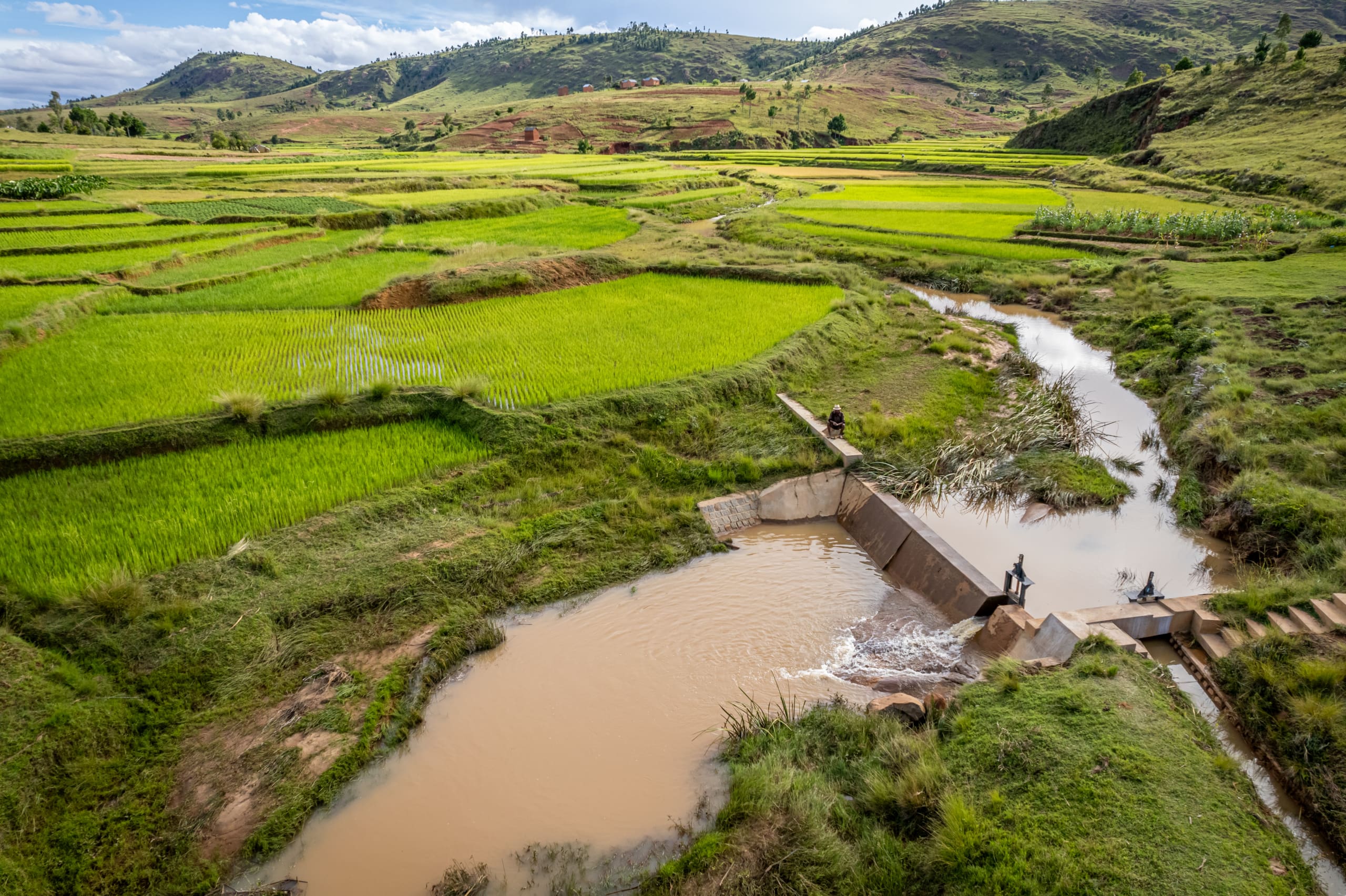
“The money we used for chemicals, we now use for food”: How regenerative farming is improving food security and building climate resilience in Madagascar

Madagascar’s first embryo transfer in cows set to boost dairy production and climate resilience

Support our work Your donations are helping us build a future where we all thrive together.